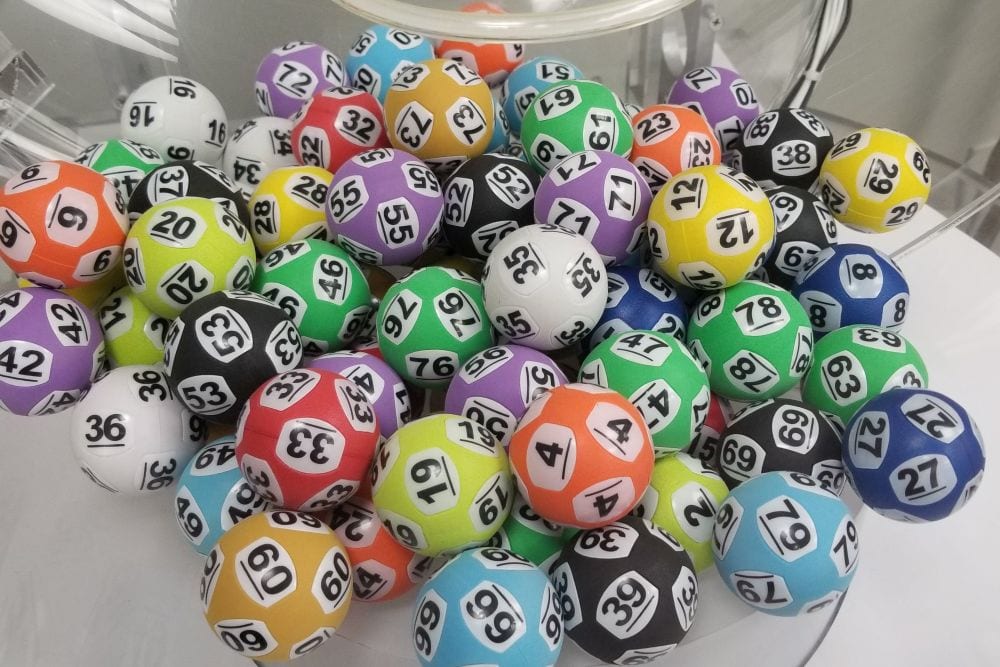Secondary lotteries have faced a number of setbacks recently, but given the opportunities in the German market, talk of a downturn is somewhat inappropriate.
The recent news that Zeal Network is returning its Tipp24 business to its brokerage roots as part of the takeover of former subsidiary Lotto24, as well as moving its headquarters to Germany, has sparked a wave of industry talk.

As one of the two major players in lottery betting seemed to have taken a big step away from the model after a difficult few years in which monopoly providers waged war - and in some cases won - with their private competitors, some wondered whether this was a sign that the betting model now had a limited lifespan.
The past year has brought serious blows to lottery bookmakers, with the UK banning betting on the EuroMillions last year, Australia banning all lottery betting, and a storm brewing in Ireland that many believe will end with the same result.
Given that Lottoland has thrown its hat into the ring and launched a counter offer for Lotto24, one could be forgiven for wondering whether the betting model is living up to its last gasp.
Certainly, there are no signs that monopoly operators are beginning to compete in the market. For its part, European Lotteries (EL), the association representing European lottery monopolies across Europe, says it is still keen to squeeze betting operators out of the market.
"Unfortunately, secondary lotteries - or parasitic lotteries, as they are often called - still exist, where betting on the results of legal individual and collective lottery games is organised," the internet portal https://casino-utan-svensk-licens.info/ quoted EL general secretary Arjan van't Veer as saying.
"The issue seems to be attracting more and more attention from regulators and politicians, and EL would like to urge them to put a stop to it. EL welcomed the ban introduced last April for British consumers to bet on the EuroMillions lottery draws."
On the other hand, there were a number of indications that the change in zeal was specific to the company and the German market rather than betting in general. After all, Germany has been one of the most protectionist countries when it comes to online gambling in general. Late last year, a German court ruled that an unnamed bookmaker with a licence for Gibraltar lotteries was acting illegally, signalling a wider restriction to come.
Opportunity strikes in Germany
Given the huge size of the market in the country, Zeal may have decided it wants a piece of the pie but can have it. "There are huge opportunities for brokerage activities in Germany. Firstly, broking is licensed locally, which opens up a whole range of new marketing and growth channels for us," says Matt Drage, head of communications at Zeal.
"Secondly, online penetration in the German lottery market is exceptionally low - around 10% - so there is a lot of potential. By comparison, in the UK it's 26% and in Sweden it's 41%."
Lottoland also wants to change its business model to operate in Germany, says CEO Nigel Birrell.
"We believe the demand for lottery betting in Germany and around the world is growing all the time.
"One of Lottoland's goals is to get a German licence in the medium to long term. As previously announced, we are also prepared to make changes to our German product offering to achieve this goal. For example, we would be willing to become an official reseller of German state lotteries if we were allowed to continue offering bets on foreign lotteries."
- Trade Forex and Keep Your Day Job
- The Best Ways to Play Slot Machines: Explaining All the Different Types of Free Spins?
- Do you need urgent dry cleaning of leather furniture at home? Trust professionals!
- Bahis sitelerinin cmt Cüzdan ödeme yöntemlerini kullanma
- Why you should inform yourself extensively before the first trading order
